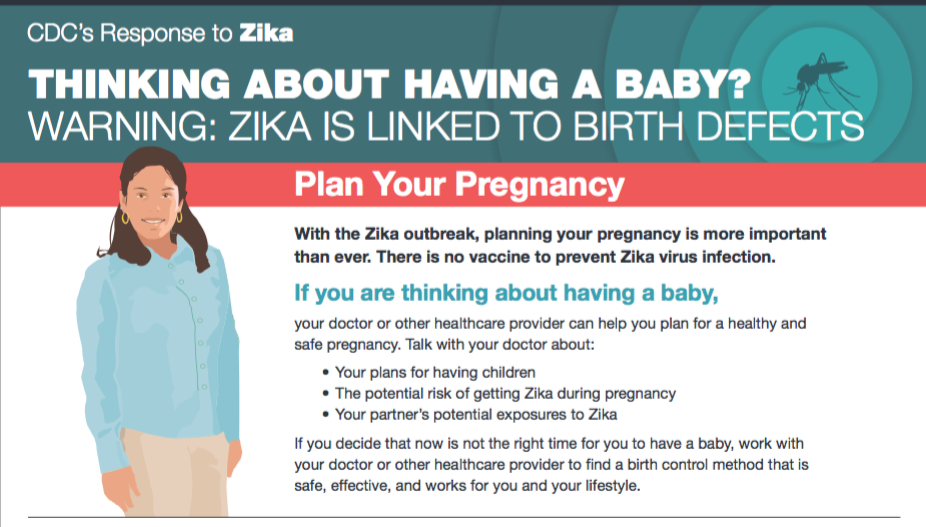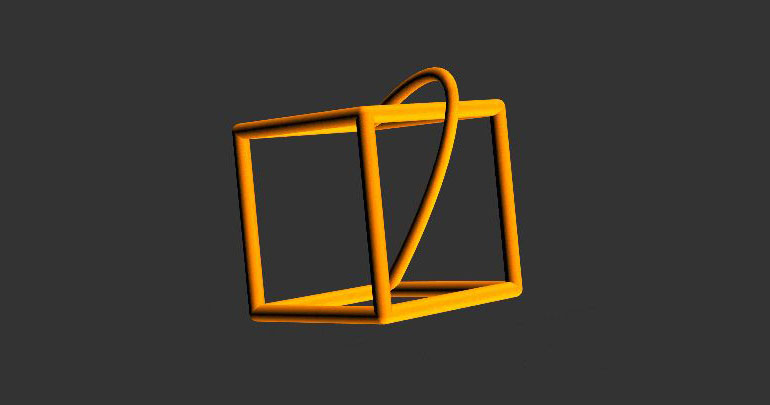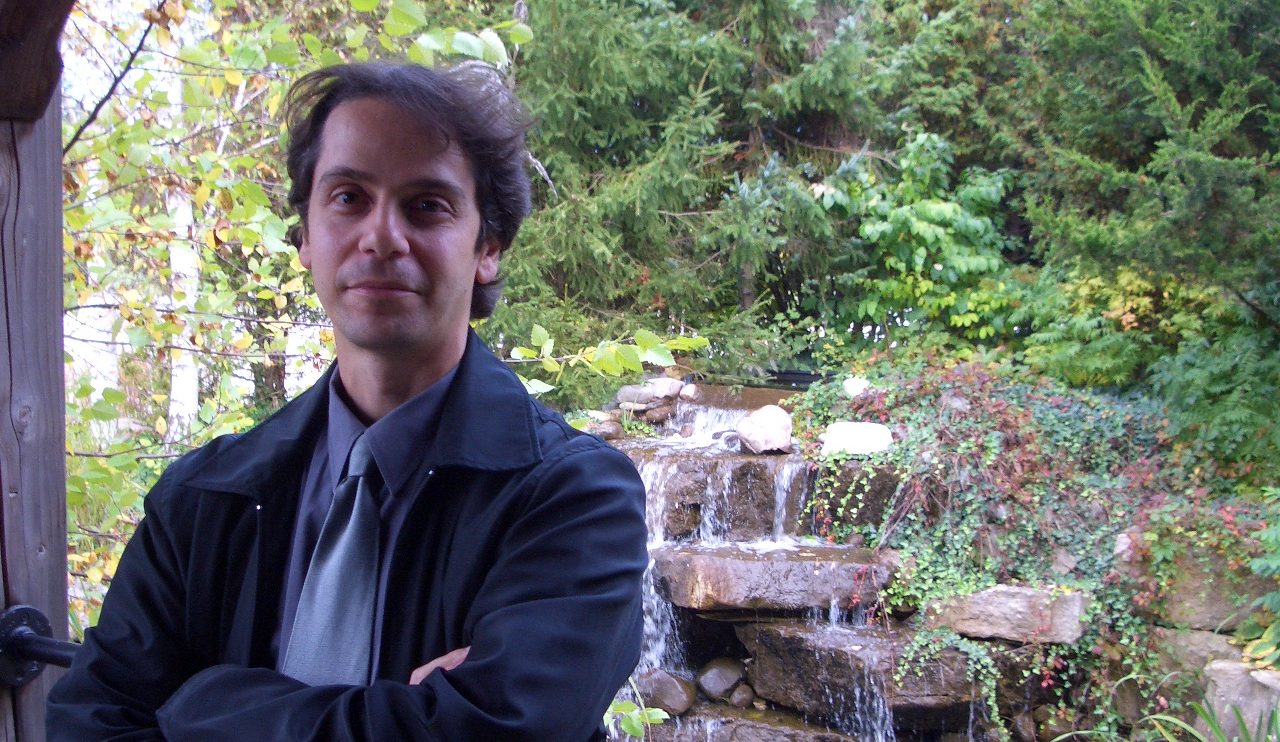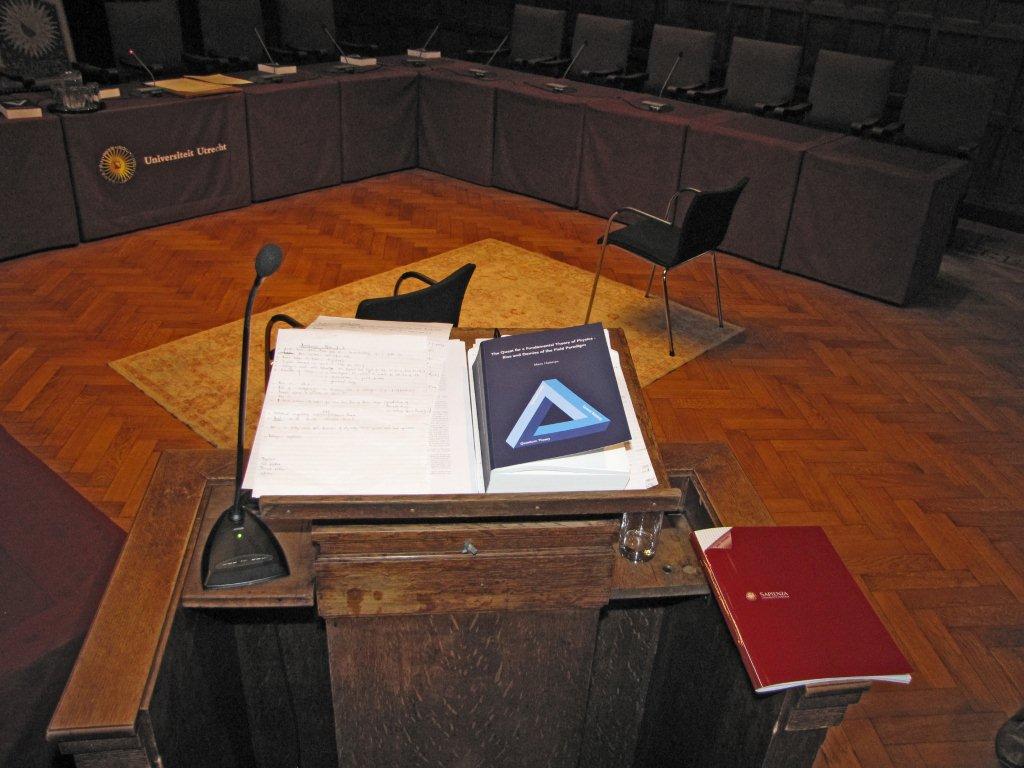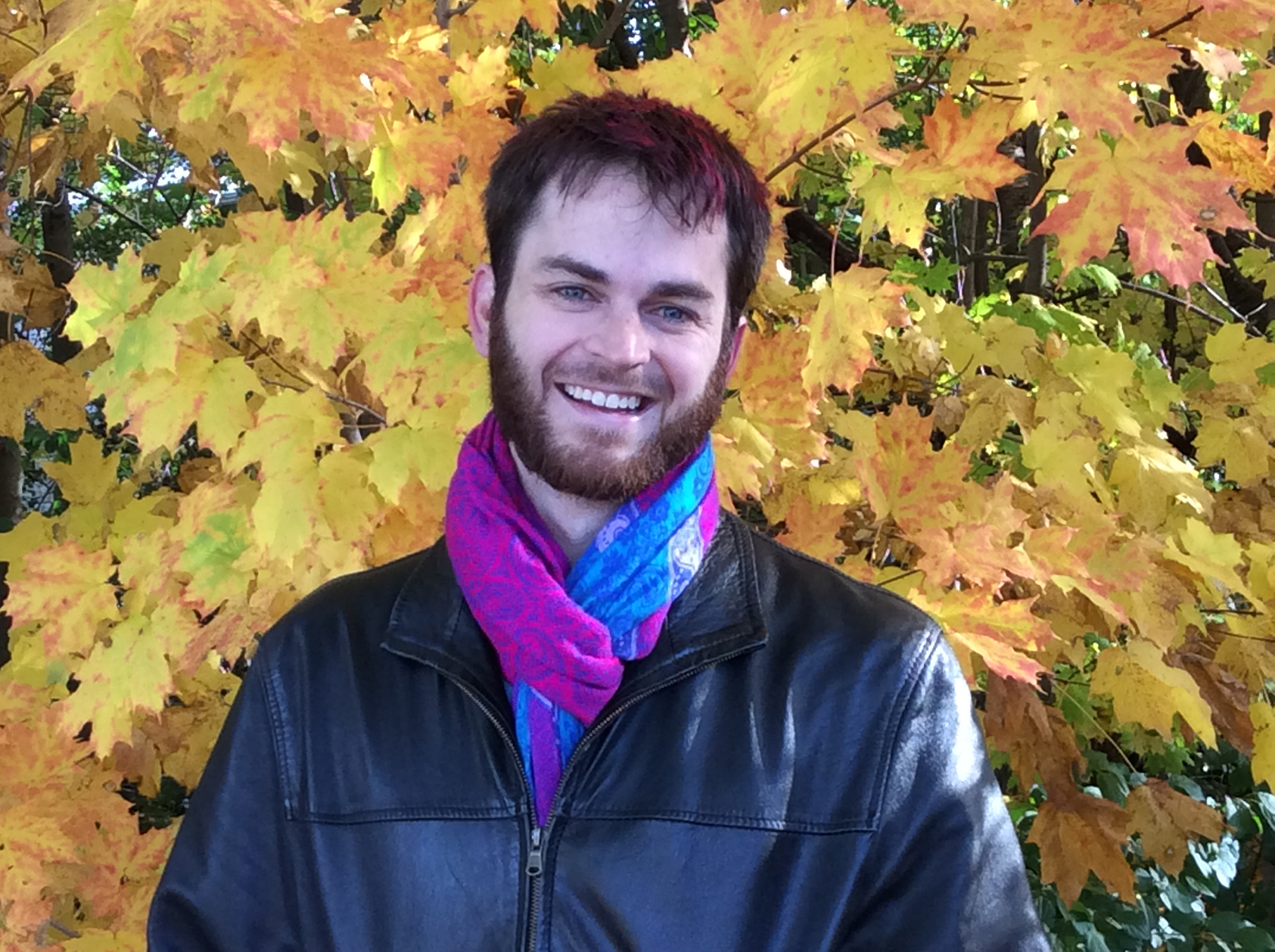Video Posting — Catherine Stinson: The Body in ‘Mental Illness’
The theme of this year's library lecture series was The Brain Boom: How Neuroscience is Changing How We Understand Ourselves. Co-sponsored by the London Public Library and the Department of Philosophy at Western University, a series of four public lectures addressing the theme were given at the Landon Branch public library. The inaugural lecture, given [...]



